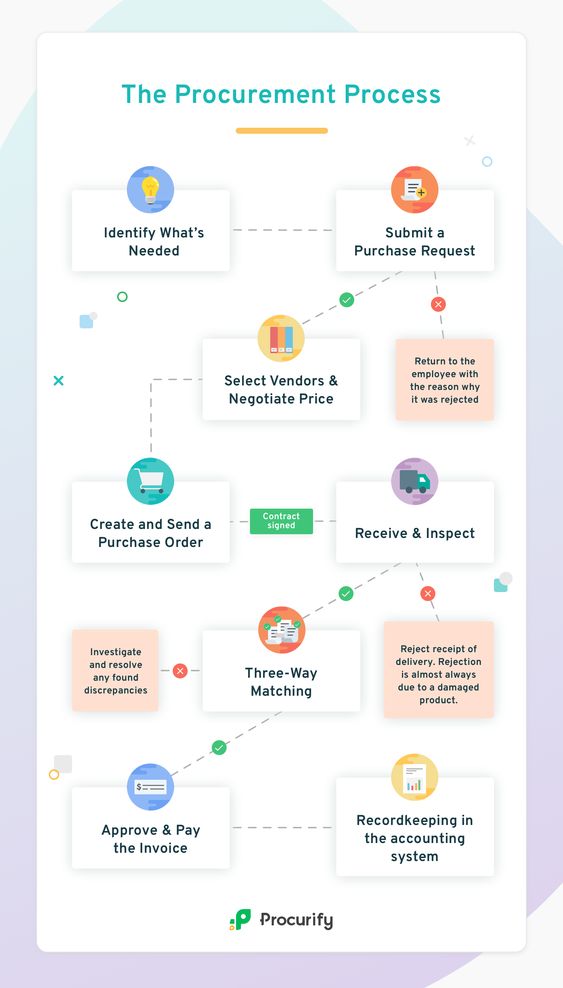What is Contract Management?
Contract management refers to the process of managing contracts from initiation to execution to closure. It involves a range of activities, including monitoring performance, communication, evaluating risk, and ensuring compliance with the agreement’s terms and conditions. A contract is a legal agreement between two or more parties that outlines their responsibilities and obligations. Contract management ensures that both parties fulfill their obligations, and the contract is executed smoothly.
Key Stages of Contract Management
Contract management consists of several stages, starting with contract planning and ending with contract closure. The following are the key stages of contract management:
1. Contract planning
2. Contract formation
3. Contract execution
4. Contract monitoring
5. Contract modification
6. Contract renewal
7. Contract termination
8. Contract closure
Tools for Contract Management
To manage contracts effectively, you need to have the right tools. With the advancement of technology, several Contract Management Software (CMS) exists that help businesses manage contracts. They provide contract templates, allow digital signature, contract approval and renewal reminders, and a centralized repository to store contracts. Some popular CMS you can consider include Agiloft, ContractWorks, and Concord.
Importance of Contract Management
Contract management ensures that both parties comply with the agreement’s terms and conditions, minimizing conflicts and reducing the chances of litigation. It also helps to reduce financial and reputational risks by ensuring that contracts are executed smoothly. Successful management of contracts can foster good customer relationships, leading to more business opportunities.
Key Elements of a Contract
Contracts have essential elements that you must consider during the contract management process. These elements include:
1. Offer and acceptance
2. Consideration
3. Legal capacity
4. Legality
5. Mutuality of obligation
Contract Monitoring
Once you sign a contract, it is essential to monitor its progress to ensure that both parties uphold their obligations. Contract monitoring enables you to detect deviations early, address them, and prevent potential conflicts. You can use automated systems to monitor contract performance, track milestones, and capture data that helps in decision-making.
Contract Renewal
A contract’s end does not mean the end of the business relationship it represents. Therefore, renewing a contract is a crucial aspect of contract management. You can renew a contract by extending it or entering into a new contract. Renewing a contract helps to ensure continuity in a business relationship, reduces time and costs associated with entering into new agreements and legal paperwork.
You might find these FREE courses useful
- Legal Contracts and Agreements
- Smart Contracts
- Supplier Management
- Legal Foundations for Entrepreneurs
- Legal Aspects of Entrepreneurship
- Project Planning
Contract Closure
Finally, it is essential to close a contract once it comes to an end. Contract closure involves completing all contract requirements and releasing both parties from their obligations. You can use a checklist of closing activities, including inspection or acceptance of deliverables, verifying payments, and issuing a formal notice of contract completion.
Conclusion
Contract management is crucial to the success of any business that engages in contractual agreements. The process involves multiple stages, from contract planning, execution, monitoring, modification, renewal or termination, and contract closure. The process helps businesses ensure that contractual agreements meet their intended purposes with minimal conflicts or risks. Implementing the above tips, such as understanding a contract’s key elements or using the right tools such as Contract Management Software, can make the process more effective and efficient.
